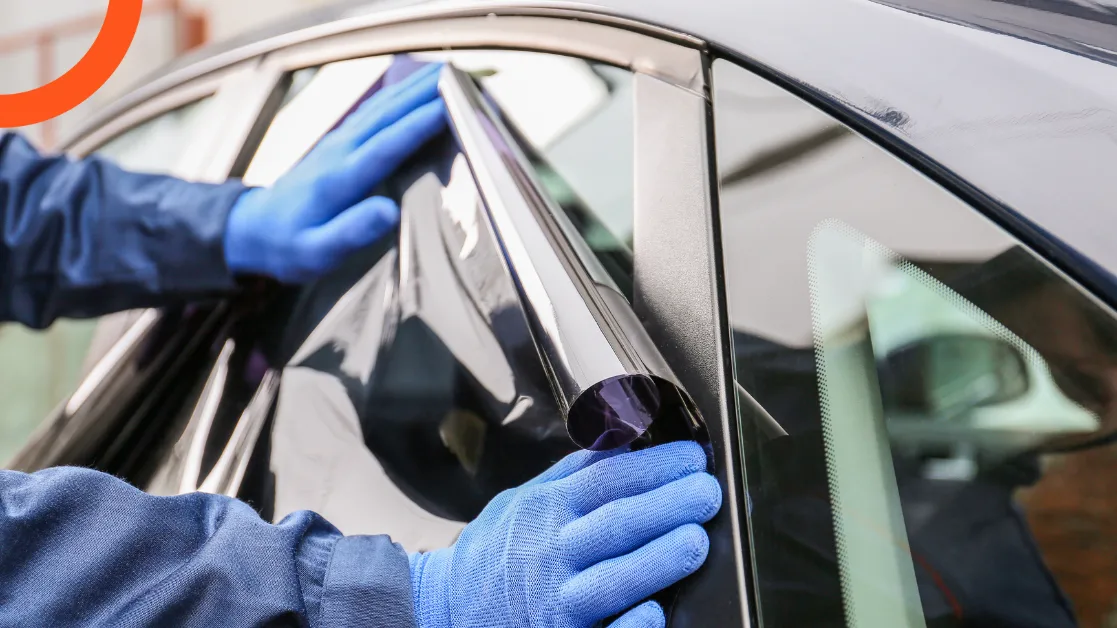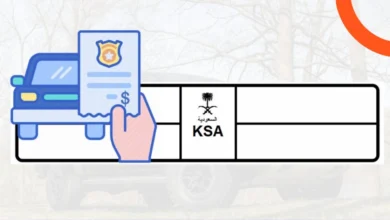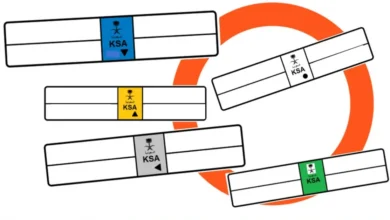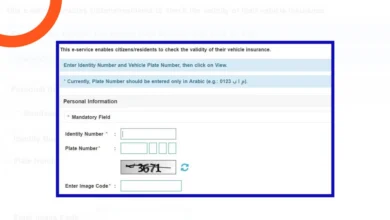Permissible Car Tinting in Saudi Arabia
In Saudi Arabia, the General Traffic Department has set clear regulations regarding car window tinting. According to these guidelines, rear windows may be tinted up to a maximum of 30%. This limit strikes an ideal balance between privacy and safety, helping to reduce interior temperatures and protect against harmful sun rays, all while maintaining sufficient visibility for passengers inside the vehicle. However, front windows are strictly prohibited from being tinted to this extent, ensuring that the driver’s visibility remains uncompromised for safe driving.
Car Tinting Regulations in Saudi Arabia
- Tinting is only permitted on the side windows and rear windshield.
- The tint must be clear enough to not obstruct visibility.
- The maximum allowable tint percentage is 30%.
- Using reflective or mirror-like tints is not allowed.
- In special medical cases, exceeding the 30% tint limit is possible with official approval.
- Placing images or decorations on the glass that could block the view is prohibited.
Permissible Car Window Tinting Levels in Saudi Arabia
In Saudi Arabia, specific regulations govern permissible levels of car window tinting to ensure privacy while maintaining road safety. The approved tinting levels are categorized as follows:
- Grade 00: This is the lightest permissible tint, offering nearly transparent windows with an extremely subtle shade, ensuring clear visibility both inside and outside the vehicle.
- Grade 01: Slightly darker than Grade 00, this tint level allows for mild shading while still providing visibility for the driver and passengers.
- Grade 02: This provides a medium level of tint, offering more privacy while still allowing sufficient outward visibility. It is generally acceptable as long as it does not exceed the maximum tinting percentage set by the General Directorate of Traffic, which is 30%.
Vehicle owners are advised to comply with these standards set by the Saudi traffic authorities to avoid legal penalties and ensure optimal safety on the roads.
Non-Permissible Car Tinting in Saudi Arabia
There are strict regulations regarding car window tinting, mainly to ensure safety and security on the roads. Certain vehicle categories are explicitly prohibited from having tinted windows. These include:
- City Transport Buses: These buses are used for urban passenger transport and are required to have clear windows to provide unobstructed visibility for both drivers and passengers.
- Daily Rental Cars: For transparency and ease of passenger identification, daily rental cars must remain free of window tinting, enhancing both security and trust in these services.
- Two-Door Sports Cars: Often driven at high speeds, these vehicles are not permitted to have tinted windows, primarily for safety reasons, ensuring that visibility is not compromised.
- Public Taxi Services (Limousines): For the safety of both drivers and passengers, taxis must have untinted windows to maintain clear visibility of the road and the interior.
- Goods Transport Vehicles: Tinting can obstruct side and rear views, increasing the risk of accidents during maneuvers.
Car Tinting Violation
Adhering to car tinting regulations is crucial, as violating these laws can lead to substantial fines. The penalties for unauthorized tinting range from a minimum of 500 SAR to a maximum of 900 SAR, depending on the severity of the infraction. These fines are enforced to prevent drivers from exceeding the legal tint limits or using prohibited types of tint, such as fully reflective or completely opaque black tints that can obstruct visibility.
To avoid these penalties, vehicle owners are encouraged to comply with the standards set by the General Traffic Department, ensuring both their safety and the safety of others on the road.
How to Dispute a Car Tinting Violation in Saudi Arabia via Absher?
To dispute a car tinting violation in Saudi Arabia using Absher, follow these steps:
- Visit the Absher website.
- Select the “Absher Individuals” tab on the homepage.
- Log in by entering your username (or National ID number or Residency number), password, and the verification code displayed on the screen.
- Go to the “e-Services” section.
- Select “Traffic Services”.
- Click on “Traffic Violation Details”.
- Check for violations using your ID number.
- Choose the tinting violation you wish to contest.
- Click “Dispute Violation” next to the violation.
- Follow the on-screen instructions to complete your objection.
- Attach supporting documents or evidence to strengthen your case.
By following these steps, you can efficiently submit your objection through Absher and provide any necessary documentation to support your case.
Car Tinting Benefits
Car window tinting provides numerous benefits that enhance the driving experience and increase passenger comfort. Here are some of the main benefits:
- Protection from Sunlight: Tinting blocks harmful UV rays, safeguarding skin and preventing interior materials like upholstery and dashboards from fading or cracking.
- Heat Reduction: Reduces the heat inside the car, especially during hot Saudi summers, making the interior more comfortable and minimizing the need for excessive air conditioning use.
- Enhanced Privacy: Increases privacy for passengers by limiting visibility from the outside, adding a layer of discretion while driving.
- Improved Safety: In the event of an accident, tinted windows can hold shattered glass together, reducing the risk of injury from flying shards.
- Theft Prevention: Darker windows make it difficult for potential thieves to see inside, thereby lowering the chances of a break-in.
- Aesthetic Appeal: Provides a sleek and elegant look to vehicles, enhancing their overall appearance.
Drawbacks of Car Window Tinting
Despite the numerous advantages of car window tinting, there are several drawbacks that drivers and passengers should be aware of. These include:
- Reduced Visibility: Dark tints can impair the driver’s ability to see clearly, especially in low-light conditions like nighttime, fog, or heavy rain. This reduced visibility can increase the risk of accidents.
- Legal Issues: Many countries, including Saudi Arabia, have strict regulations on the permissible level of window tinting. Exceeding these limits can result in traffic violations and fines.
- Emergency Response Challenges: Tinted windows can obstruct the view of first responders, making it difficult to quickly assess the condition of passengers inside the vehicle during emergencies, potentially delaying rescue efforts.
- Difficulty in Identification: Dark tints can make it harder to identify the occupants of a vehicle, which can be problematic during security checks and may raise safety concerns.
- Maintenance and Replacement Costs: Window tinting requires regular maintenance to prevent scratches, fading, or discoloration. Over time, replacing the tint may become necessary, leading to additional expenses.
- Impact on Vehicle Sensors: In some cases, tinting can interfere with the effectiveness of car sensors and cameras that rely on visual clarity, such as rearview cameras and driver assistance systems, reducing their functionality.





